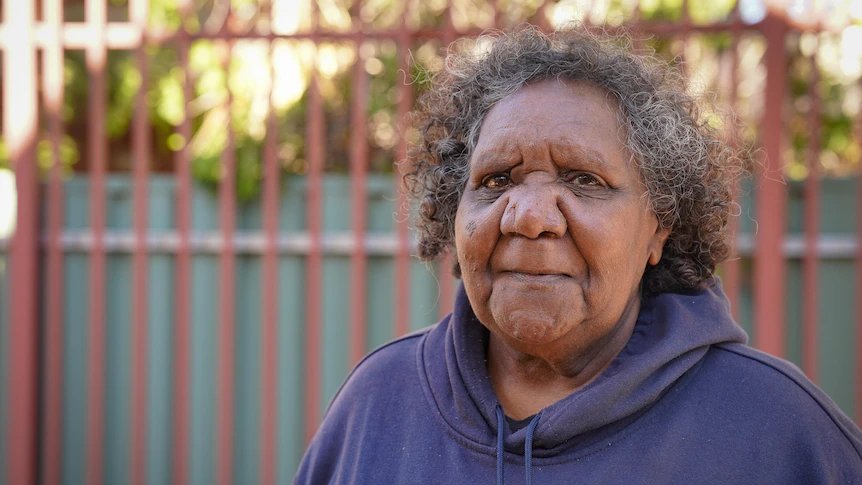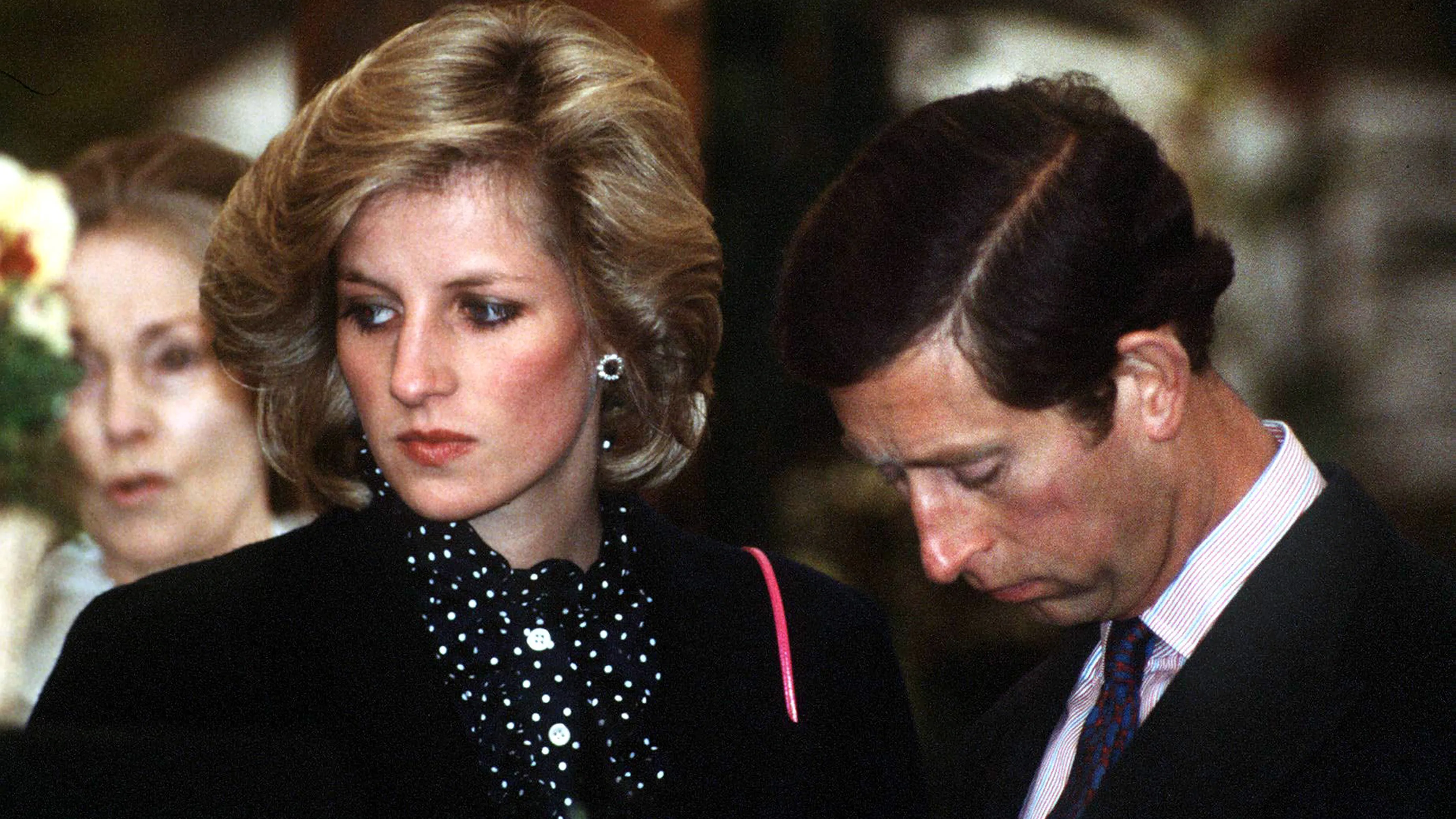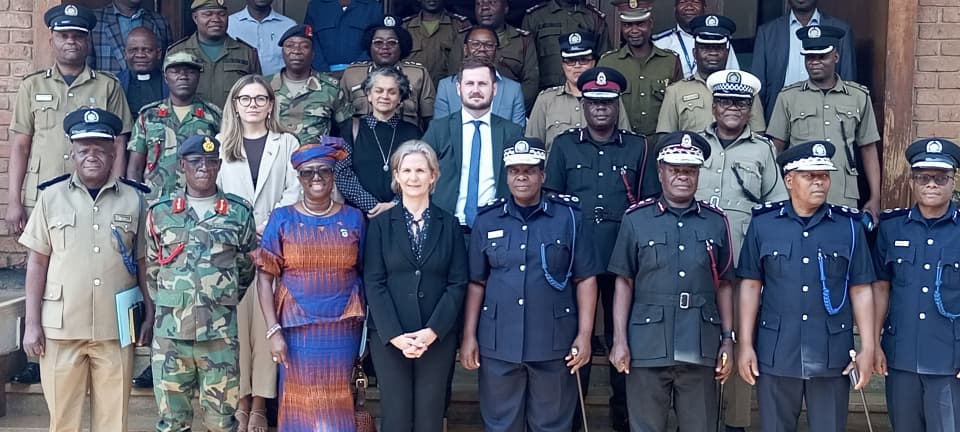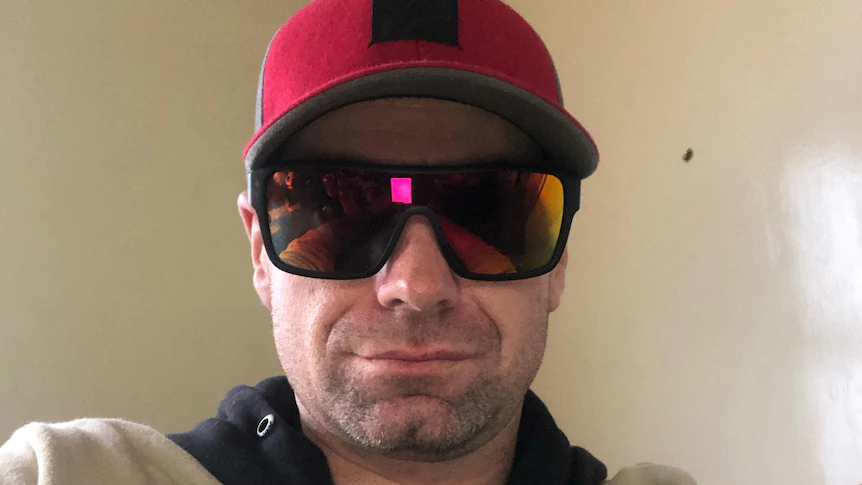By Stewart Brash
Copyright abc

The dry bed of the Todd River runs through a place with some of the highest rates of suicide in the country.
A walk to commemorate World Suicide Prevention Day brought the community together on Wednesday to stroll along its banks in Alice Springs.
The event, organised by a range of mental health support services in Alice Springs, including the Mental Health Association of Central Australia (MHACA), attracted about 50 people from the community and local organisations.
“Suicide is actually an ongoing and prevalent issue in our communities, not just here in Mparntwe and the Northern Territory but across the world,” MHACA chief executive Nicole Pietsch said.
Ms Pietsch said about 100 people a week visited Alice Springs hospital in suicidal distress or crisis.
For Indigenous Australians, the rate is even higher, and postvention — interventions to support communities after suicide — is important too.
Preventing First Nations suicide
The Batchelor Institute of Tertiary Education said it had been awarded nearly $1 million to research suicide prevention and response in First Nations communities in central Australia.
The two-year study, to be led by long-time central Australian researcher Judith Lovell, will focus on reducing “alarmingly high” suicide rates in Alice Springs, Tennant Creek and Mount Isa.
“I do know that in our region and many remote regions of Australia, suicide is running at a rate about five times higher than other parts of [the country] … in some areas as high as almost seven times,” Dr Lovell said.
The study will work with Indigenous researchers who will map cultural assets and integrate traditional healing to inform suicide postvention best practices.
Arrernte woman and researcher, Theresa Alice, said she was “overwhelmed and happy” to hear the Medical Research Future Fund would support First Nations suicide outcomes.
“I’ve seen a lot of our mob go through all this and it really hurt me to see [it] … there’s a way we can get through it — it’s our way of healing ourselves,” Ms Alice said.
New mental health clinic
On Tuesday evening, the federal government announced that a new, free mental health care centre would open in the town in the coming months.
Federal MP Emma McBride, who is assistant minister for mental health and suicide prevention and rural and regional health, said the service would be delivered by Central Australian Aboriginal Congress in partnership with the NT Primary Health Network and Neami.
There are now 45 mental health care centres across the country, with multidisciplinary care teams so patients receive individualised support.
Ms McBride said while the clinic would not offer acute services in suicide emergencies, it would help in suicide prevention.
Ending the stigma
Ms Pietsch said the main purpose of the suicide prevention walk was to bring people together in solidarity and support, highlighting community and togetherness.
She said with one person lost to suicide each week in the Northern Territory, it was vital people knew they were not alone.
“[It’s] important not to feel shame about experiencing a crisis, it’s actually pretty normal,” Ms Pietsch said.
“We live in a world that is very challenging at different points of time in their lives and with the right supports, people can get through it.”



